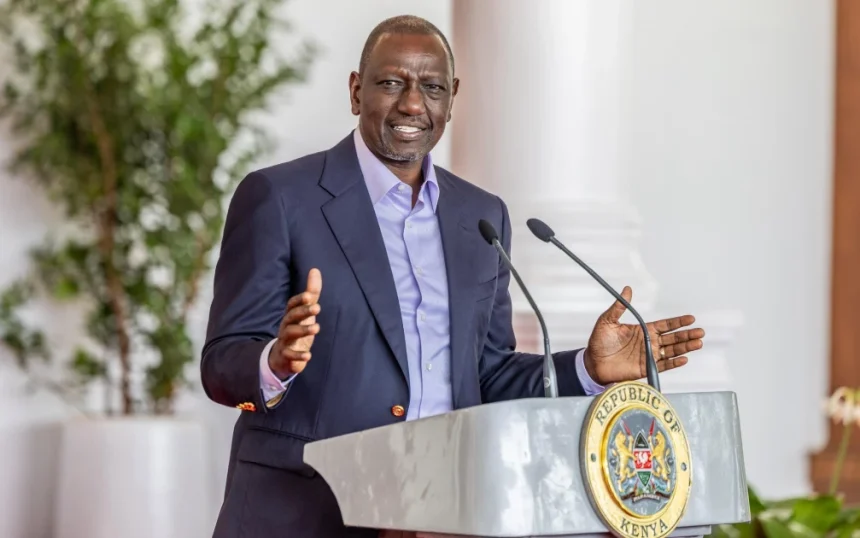In a significant policy intervention aimed at deepening democratic participation, President William Ruto has announced the immediate waiver of fees for replacing national Identity Cards (IDs). This move is strategically designed to remove a critical financial barrier for millions of Kenyans, thereby boosting mass voter registration in the ongoing and future exercises.
The national ID is the foundational document required for a Kenyan citizen to register as a voter. For years, a major hurdle has been the cost and bureaucracy associated with replacing a lost or damaged ID. For many in low-income brackets, the replacement fee, however small it might seem, presented a genuine obstacle to securing this vital document and, by extension, their right to vote. This fee waiver effectively dismantles that barrier, opening the door for a potentially massive influx of new voters, particularly among the youth and in marginalized communities.
The announcement, made at a public event, underscores the government’s stated commitment to inclusive citizenship and electoral integrity. “We cannot allow a financial hurdle to stand between any Kenyan and their constitutional right to participate in shaping the nation’s destiny,” President Ruto stated, framing the decision as a matter of democratic principle.
The Independent Electoral and Boundaries Commission (IEBC) is expected to be the primary beneficiary of this policy. A higher number of registered citizens with valid IDs directly translates to a more robust and representative voter register. This initiative could be a game-changer for the IEBC’s ongoing efforts to clean up and expand the voter roll, potentially leading to an election with higher turnout and greater legitimacy.
However, the move is also being viewed through a political lens. Opponents may see it as a strategic effort to mobilize specific segments of the electorate ahead of the next general election. Regardless of the political interpretations, the fundamental impact remains: it empowers citizens. The success of this waiver will be measured by the subsequent surge in ID application numbers and, ultimately, by the figures in the next IEBC voter registration report.
This decision sets a new precedent for using state policy to actively enable, rather than passively manage, civic engagement. It is a powerful reminder that sometimes, the most effective way to strengthen democracy is to simply remove the obstacles that prevent people from taking part.










